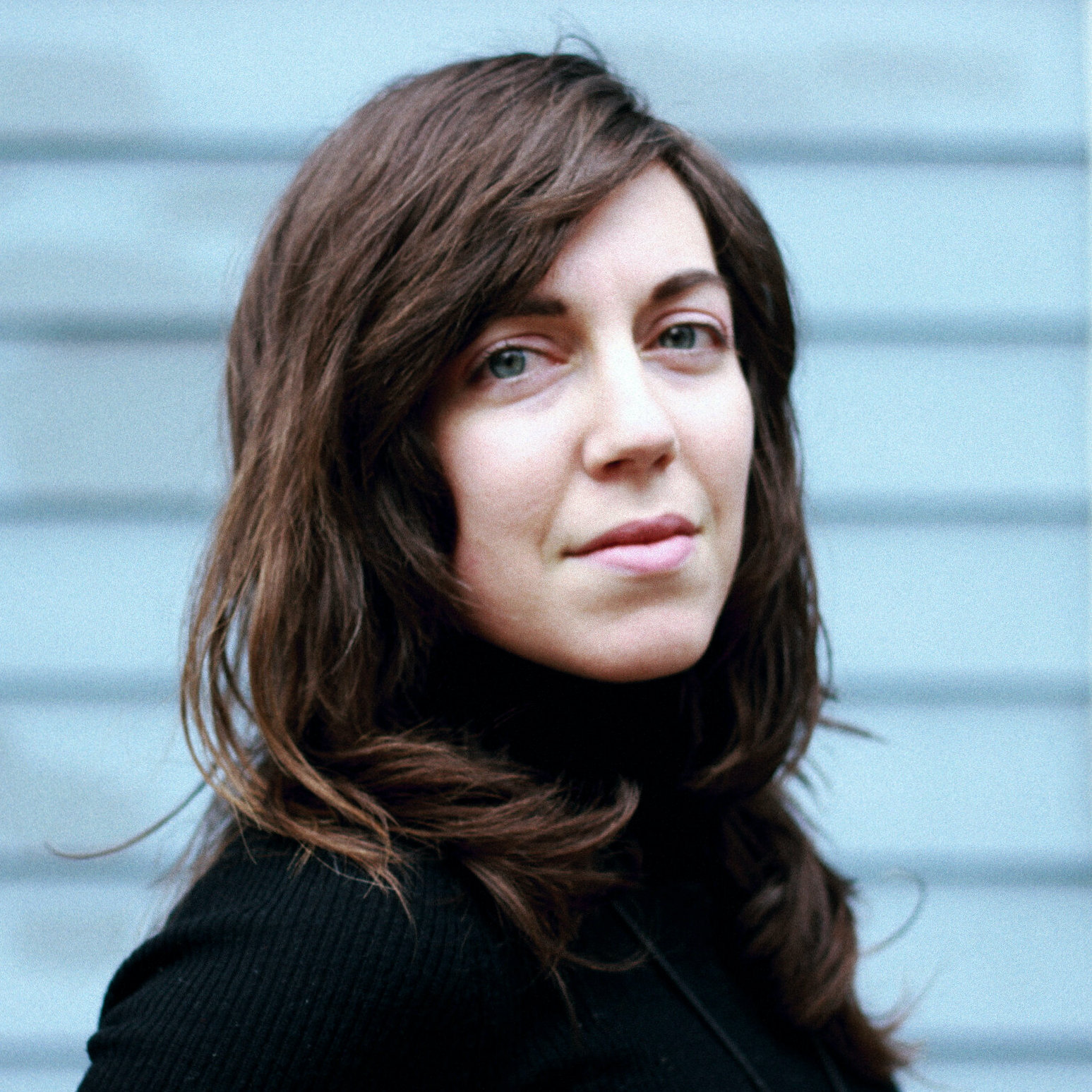Blonde, chipper, & with a name like a cleaning solution
the young nurse catches my drool in a mini paper cup
as I spit out the meds, again. This is her third try. She sighs.
Only a few years older, Daveen grabs me under-the-armpits,
transports me to the chair, then wheels me to the room
at the hospital’s end. Someone/a stranger/everyone
is disappointed in me. Ten days later I’m released—is what
they call it. She breaks strict code to walk me through
the heavy doors to my car in the lot, lightly punches my shoulder
like a stepsister. I’m not just outside, I keep thinking, I’m Out.
With nothing to gain, Daveen pulls me in close. She’s hugging me
so tight, spots choke my vision. With all this concrete fog
in my head it’s hard to hold on to a sentence but she says
"I hope," she says "I never," says "see you," says "again."
Published:
2019
Length:
Regular
Literary Movements:
Contemporary
Anthology Years:
Themes:
Friendship
Health & Illness
Mental Health
Literary Devices:
Dialogue
conversation between two or more people as a feature of a book, play, or movie
Hyperbole
exaggerated statements or claims not meant to be taken literally
Simile
a comparison between two unlike things using the words “like” or “as”

